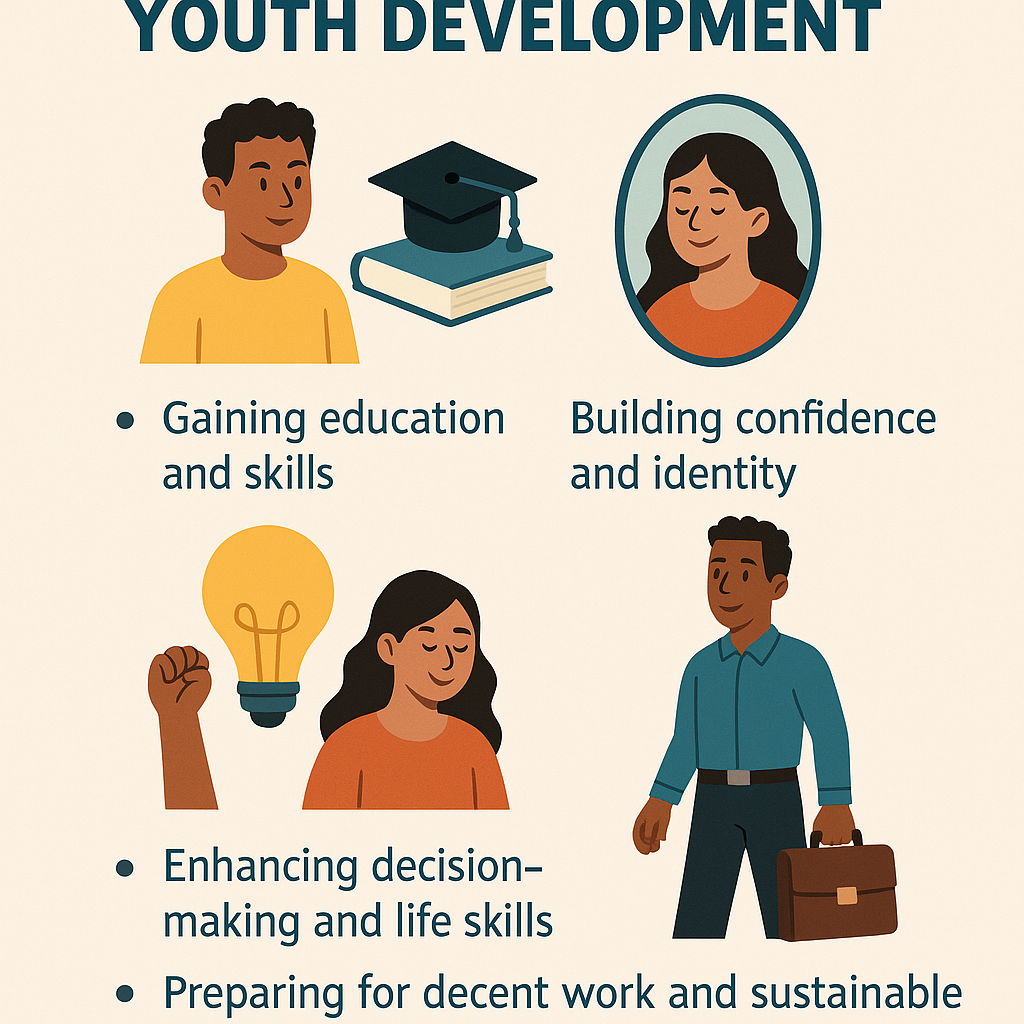- Get link
- X
- Other Apps
Governance Ethics, Constitutional Safeguard and Citizen Oversight
Retrieve from Guyana Standard 01/08/2025
President Irfaan Ali's recent announcement of over 2,000 police promotions within the Guyana Police Force has stirred public debate, not because he lacks the authority, but because of when and how that authority was exercised. As Executive President and Commander-in-Chief of the Armed Forces, Ali retains constitutional power even after the dissolution of Parliament. legally, the incumbent government remains in office until a new one is elected. but legality is not the only measure of good governance.
The promotions were announced on July 31, 2025, less than 5 weeks before national elections scheduled for September 1, 2025. the timing raises serious ethical questions. in absence of parliamentary oversight, such sweeping decisions; especially within a key institution like the police force can appear politically motivated. They risk undermining public trust, institutional independence, and the spirit of electoral fairness.
Governance is not just about what leaders are allowed to do. it's about how and when they choose to act. Authority must be exercised with restraint, transparency, and respect for democratic norms; especially during an election period when the electorate is preparing to choose its next government.
For instance, in the United Kingdom, the pre-election period of sensitivity known as (Purdah) requires that "Ministers must avoid long-term appointments or promotion unless urgent" (Institute of Government), this convention protects electoral integrity by preventing the use of state resources for political gain, ensuring neutrality in public service, avoiding announcements that could sway public opinion. similarly, standards exist in Canada and India, and other democracies, reinforcing the principles that governments must not use public appointments to mimic electoral campaigning.
while the president emphasized professionalism and conduct, the scale, timing and public fanfare of the announcement raise ethical concerns. (a) Mass promotions may be perceived as political rewards, (b) Public applause and campaign-style rhetoric blur the line between governance and electioneering (to influence the outcome of an election), (c) Absence of parliamentary scrutiny undermines democratic accountability. this creates the appearance of electoral mimicry, suing state authority to generate goodwill and influence voter sentiment.
The North Ruimveldt Youth Reflection, implores leaders and civic educators to call for: transparent documentation of Public Service Commission (PSC) involvement in all promotions., clear separation between governance duties and campaign activities, public education on constitutional roles and ethical leadership. We believe in Guyana where democratic integrity is protected, and citizens can trust the process especially during elections.
This is not a matter of legality alone; it is a matter of principle. In moments like these, youth voices must rise to demand transparency, accountability and respect for democratic norms. the future of Guyana depends not only on who governs, but on how governance is conducted. let this reflection serve as a call to action: for leaders to uphold ethical standards, for institution to safeguard their independence, and for citizens to remain vigilant and informed.
- Get link
- X
- Other Apps



Comments
Post a Comment